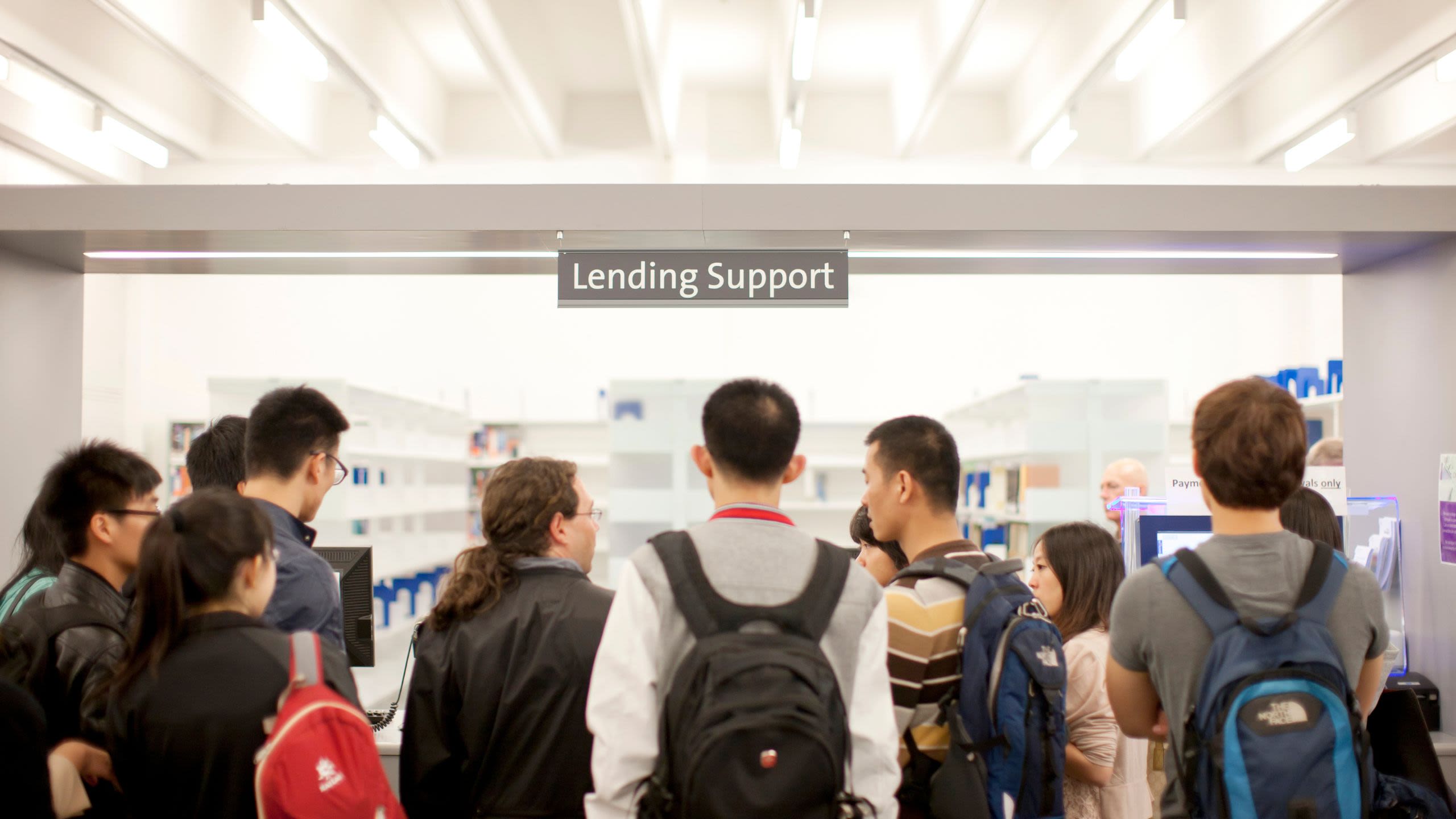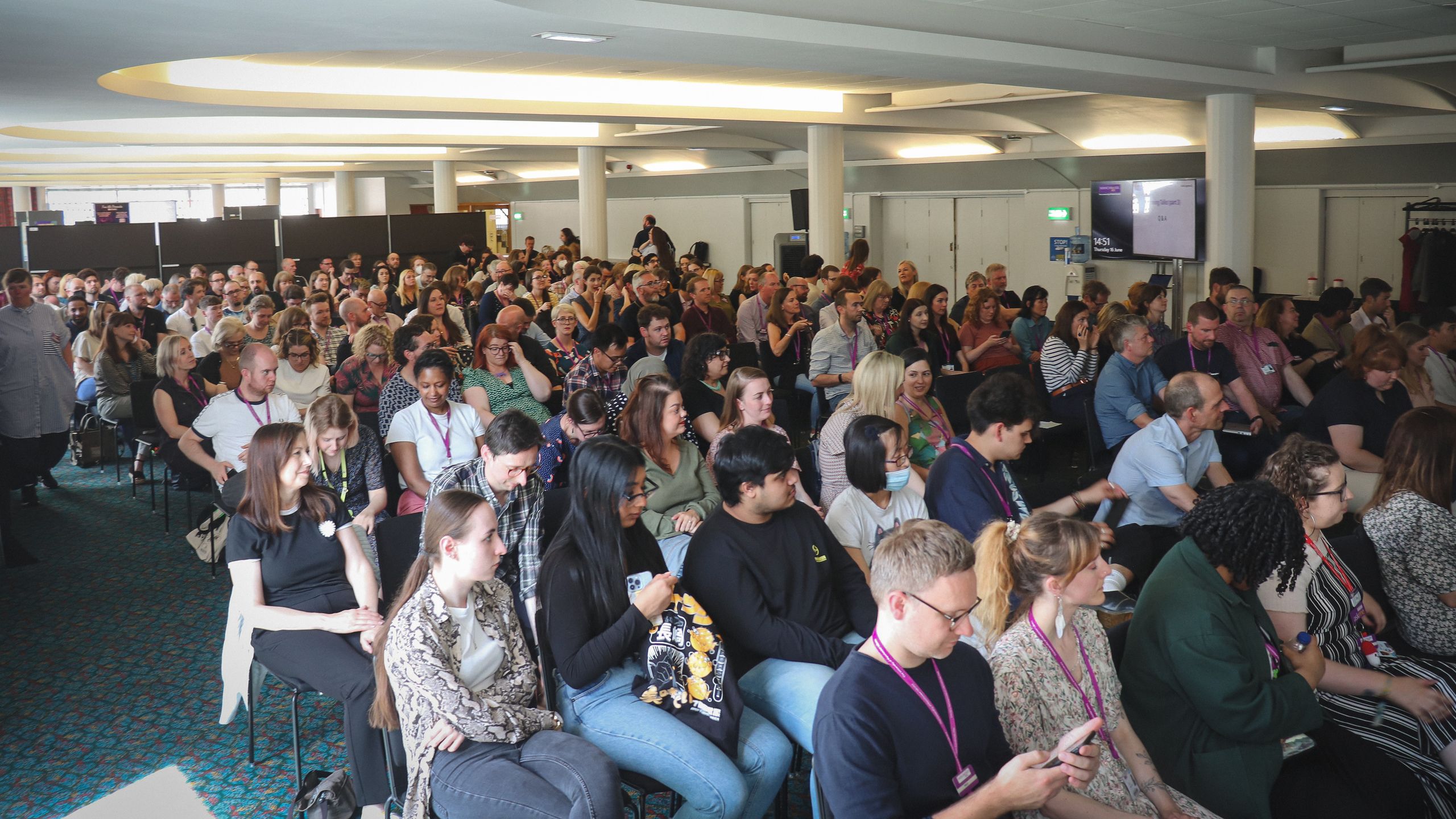Creative People

Library Teaching
After launching our Virtual Teaching and Support approach in 2020, we saw an opportunity for something bigger: to bring people together from across the institution to discuss and share teaching practice.
Building on the Virtual Teaching model, we launched Library Teaching – a Teams space and staff network open to all University of Manchester staff. Library Teaching includes a community of practice, reading club, conference and publications discussion, and channels to request quality assurance review and copy editing.
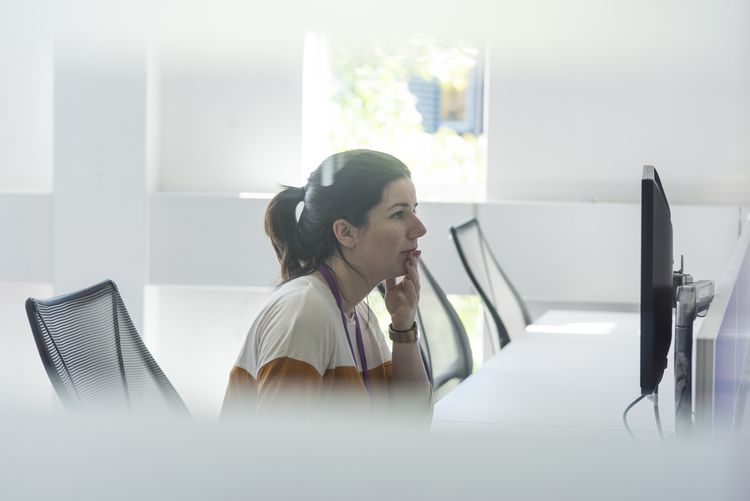
As well as being a place for the Library and others to share ideas, Library Teaching is where we now coordinate the development and delivery of our teaching and learning support. The Team has over 100 members, and enjoys over 10 interactions (posts, replies, reactions) per day.
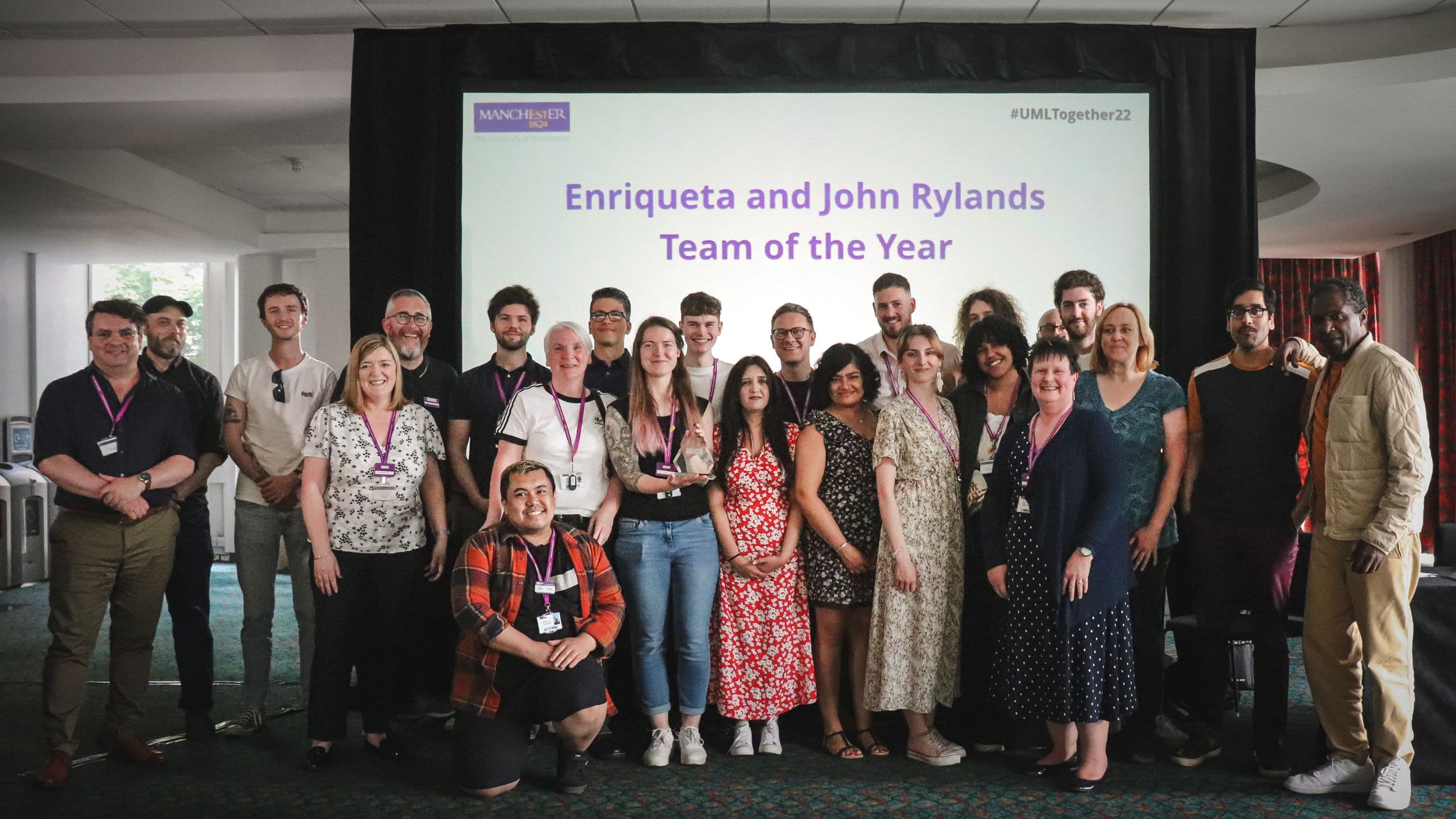
Student Team
The Library Student Team play a unique role, being both part-time Library staff and current students. They remain fundamental to all of our teaching and learning activity and were crucial in our return to campus during the pandemic. We have continued to invest in the Student Team, increasing members from 21 to 24 in 2021/22 (including two graduate posts to support the Library Peer Network).
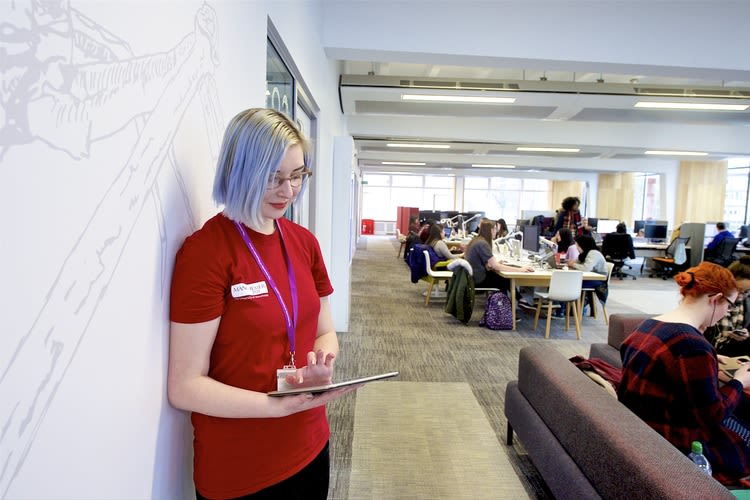
Over the year, the team completed 2,108 tasks with two members also achieving AdvanceHE Fellowship (also known as Fellowship of the Higher Education Academy, FHEA). These achievements demonstrate the high level at which our Student Team members work to support the Library’s teaching and learning services.

Hybrid working
In June 2021, we established the Library Hybrid Working Project Team to oversee the implementation of the University hybrid working pilot. Although we took direction from the University project team, we considered flexibility and local implementation to be one of the key drivers of success. Due to our diverse roles and responsibilities, we encouraged a Library team-led approach to testing the hybrid working principles and embraced this unique opportunity to trial new ways of working and technical solutions.
Throughout the pilot phase, the project team regularly engaged with Library Directorate Management Teams (DMTs) and the Library’s Staff Management Forum (SMF), as well as providing regular communications and opportunities for all staff to have a voice on their experiences of hybrid working.
The University project team cited the Library’s approach to the hybrid pilot as an exemplar, and ensured that we were able to make informed recommendations on the future of hybrid working at the Library. The recommendations recognised our differences, but also reflected the Library’s ethos of working together as one team as well as our shared commitment to outstanding customer service.
A new Library Leadership Team group (with membership drawn from the Hybrid Working Project Group) is being formed to oversee hybrid working in 2022/23 while we are in the ‘embedding hybrid’ phase.


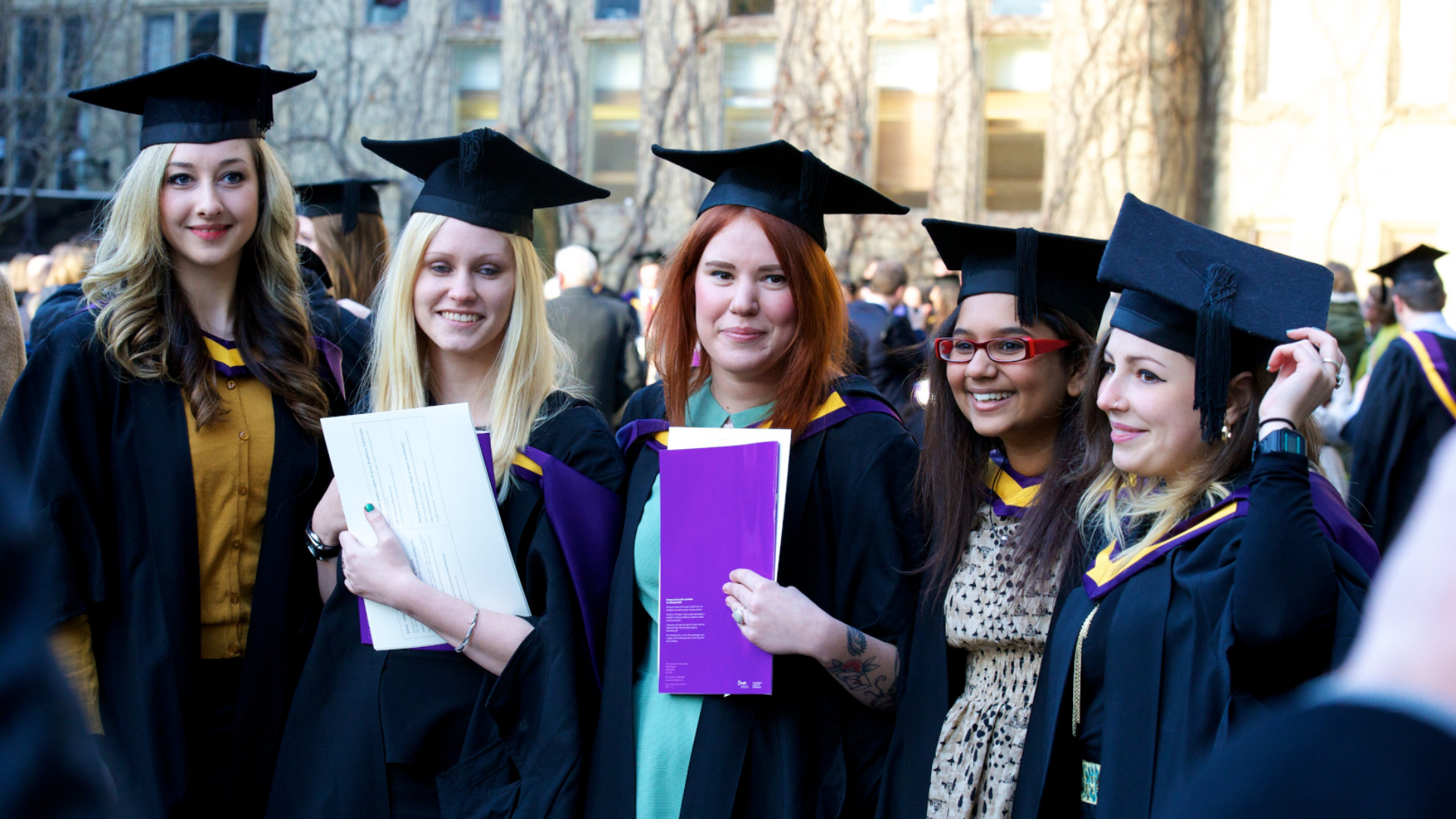
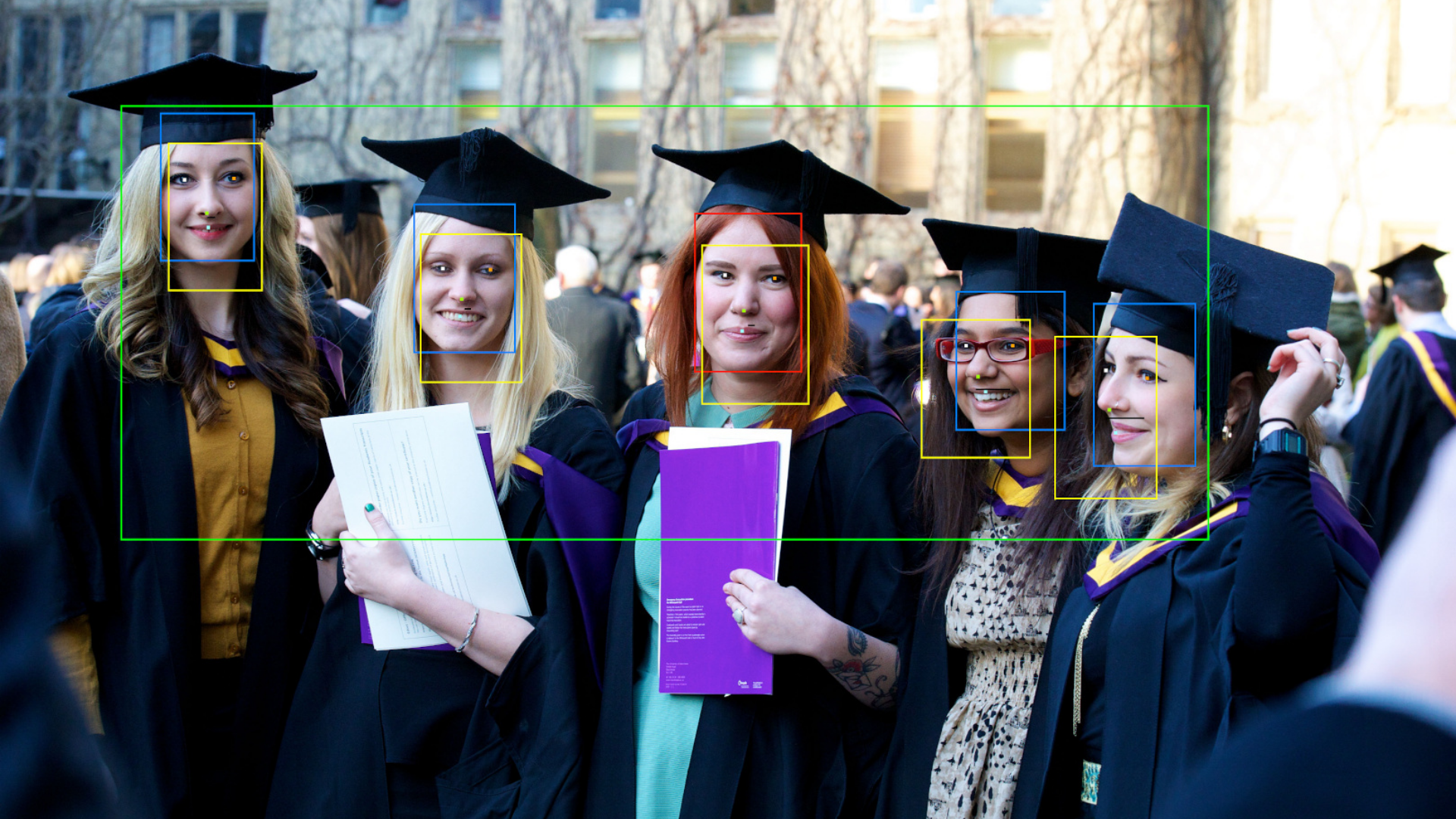
Using AI to improve our websites
As part of a wider piece of work to identify instances where Artificial Intelligence (AI) can be practically and meaningfully applied within the Library, we discovered that it is possible to use AI to automatically crop images for display on our webpages.
In normal circumstances, preparing an image of a human face for display in a website can take up to ten steps, including retrieving, cropping, adjusting, compressing, uploading etc. which can be very time consuming.
We have been able to reduce this workflow down to a two-step process - uploading the image and selecting the output format - by adapting a standard AI face-detection algorithm, saving web editors a significant amount of preparation time.

Developing an interactive scroll view for the Qing Exhibition
During preparations for the Qing: China’s Multilingual Empire exhibition at the John Rylands Research Institute and Library, the Library’s Digital Development Team investigated whether it would be possible to display an interactive digital version of one of the key items: the 24-metre scroll showing a bustling Beijing street celebrating Emperor Kangxi’s birthday.
The team used the powerful International Image Interoperability Framework (IIIF) to develop a web application to pull individual images of the scroll from the Manchester Digital Collections (MDC) platform and dynamically stitch them together. This method enabled users to physically interact with a digital version of the complete scroll via our on-site digital kiosk.
The team were also able to mark digital ‘hotspots’ on the scroll across its length, identifying areas of special interest that the audience could learn more about.
Although the solution was developed to work with a very specific sets of images, it has generated a lot of interest both within and beyond the Library as to whether it can be adapted to display scrolls in other collection platforms.
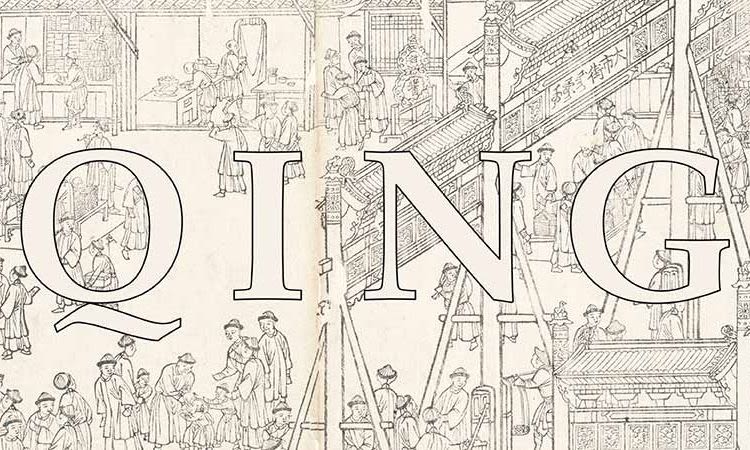

M365 Adoption
The Library’s Digital Support Team worked with colleagues from the University’s IT Services Directorate on the adoption of Microsoft 365 within the Library. As part of the adoption project, the University-wide M365 Digital Champions Network was created, and 16 members of Library staff are registered as Digital Champions.

To support further adoption of M365, our intention is to embed the champions network within the Library. We have asked our Library Digital Champions to start work on formulating best practice guidelines and synthesising existing training resources. This aims to provide better support to our staff and to improve knowledge and skills of new digital collaboration tools.

Together
In June 2022, we held our first Library staff conference, Together. We created this conference to bring colleagues into the same physical space to share and celebrate our achievements during 2021/22.
It did not disappoint. Over 200 staff enjoyed a programme packed with lightning talks, breakout sessions and a fabulous keynote from Esme Ward, Director of Manchester Museum. The closing plenary featured Lemn Sissay presenting the new University of Manchester Library Awards, known as ‘The Rylands’, in one of his final engagements as Chancellor of The University of Manchester. These Awards were created to recognise the fantastic achievements of individuals and teams across the Library, alongside an external award for outstanding professional contribution. We finished the day with a BBQ and drinks reception.
We are all looking forward to Together 2023.

Our Achievements
Our people are our greatest asset and we are quite rightly proud of the work they do every day.
In 2021/22, Library staff continued to develop professionally and to contribute both within and beyond the library sector on a regional, national and international level.
Conferences
Abdullahi, F. (2022). 'How to successfully deliver the Extended Project Qualification', Advancing Access Virtual Conference, 2 March 2022.
Ayres, B. (2022). 'A Model Repository' - Showcasing a collection of architectural models for digital discovery and reuse', IDCC22, 13-16 June 2022.
Ayres, B. (2022). ‘Am I a Data Steward?’, RLUK22, 14-16th March 2022.
Blake, J. (2022). ‘Collective Expertise, Collaborative Response: harnessing the power of “us”’, EuroSoTL2022, 16-17 June 2022.
Booth, E., La Spada, C., Rasmussen Pennington, D., & Lagace, N. (2022). ‘Essential E-Book Metadata for Everyone!’, UKSG 45th Annual Conference and Exhibition, 30 May-1 Jun 2022.
Booth, E., Snijder, R., and Rasmussen Pennington, D. (2022). ‘The “Nested Triangle” Of Metadata Supply For Open Access Books’, NISO Plus 2022.
Carlyle, P. & Gifford, I. (2022). ‘Using ePADD for email preservation’, DCDC, 15 July 2022.
Emery, J., Booth, E., and Cohen, A. (2022). ‘Integrating Open Access Content into the Collection: Challenges and Opportunities’, 87th IFLA World Library and Information Congress, 28 July 2022.
Gallagher, J. & Inala, P. (2022). ‘Special Collections teaching with AR and VR: the post pandemic reality’, CILIP Rare Books & Special Collections Conference, 7 September 2021.
Gow, E. (2022). ‘Advert, admin or archive? The object itinerary of an illustrated book prospectus’, Integrated Objects: Critical Thinking with Things, The University of Manchester, 23 June 2022.
Inala, P. and Gallagher, J.(2021). ‘Special Collections teaching with AR and VR: the post pandemic reality’, CILIP Rare Books and Special Collections Conference 2021, 7 September 2021.
Islam, S. & Gallagher, J. (2022). ‘Diversifying Digital Collections: Reflections from the Ahmed Iqbal Ullah Race Archives and Community Engagement Centre’, DAM 2022, 2 February 2022.
Reed, P. (2022). ‘Active staff inductions for a Specialist Library Support Service’, ALN Conference, 16 June 2022.
Pressler, C. (2021). ‘Holding Virginia Woolf – The future of designing research libraries,’ WAL 2021: Forum on Future of World Academic Libraries, 18th October 2021, Beijing, China.
Speller, J. (2022). ‘The Christian Brethren Archive at the University of Manchester’, International Brethren History Conference, Emmaus Bible School, Dubuque, Illinois, USA. 26-29 May 2022.
Publications
Aston, S., Stevenson, M., & Inala, P. (2021). Facilitating connections and supporting a learning community: together. Journal of Learning Development in Higher Education, 22(22).
Ayres, B. and Warren, E., et al. (2022). ‘RDA Data Stewardship Organisational Models Survey 2021 Output Dataset,’ [Data set]. Zenodo.
Booth, E. (2021). ‘Metadata Matters: Metadata Advocacy via Collaboration and Publication.’ Catalogue & Index, 205. pp. 6-11.
Grayson, N. (2021). “Section Editorial: Responding to the needs of doctoral researchers”, Journal of Learning Development in Higher Education, (22).
Grayson, N. and Theis, A. (2021). “Adapting community-focused writing support for researchers to synchronous online delivery”, Journal of Learning Development in Higher Education, (22).
Napthine-Hodgkinson, J., (2022). LILAC 2022: Conference report. Journal of Information Literacy, [S.l.], v. 16, n. 1, p. 135-137.
Stockley, R. and Graham, I., (2022). The importance of embracing complexity in rehabilitation. Journal of Evaluation in Clinical Practice.
Awards
Completed PGCertHE
- Jennie Blake
- Anna Theis
Achieved AdvanceHE Fellowship
- Dukula De Alwis Jayasinghe (FHEA)
- Jess Napthine-Hodkinson (FHEA)
- Phil Reed (SFHEA)
- Naman Sheel (FHEA)
The Rylands
The University of Manchester Library Awards, ‘The Rylands’, were presented as part of the Library staff conference in June 2022. Library staff were invited to nominate their colleagues in 13 categories, with the Library’s Executive Team deciding the winners along with awards for Staff Member of the Year, Team of the Year and Outstanding Professional Contribution.
- Creative Approach: Pete Morris
- Customer Services: Rebecca Winstanley
- Digital Collections: Manchester Digital Collections Team
- EDI: Teaching, Learning and Students Quality Assurance Group
- Inspirational Action: Justin Parker
- Spaces: Isabel Sebastian and Ciaran Pook
- Print Collections: Subscriptions and Acquisitions Teams
- Research Innovation: Chris Gibson
- Scholarship: Emma Booth
- Social Responsibility: Ahmed Iqbal Ullah RACE Centre
- Strategic Initiative: Office for Open Research
- Student Partnership: Kerry Scott, Matthew Hallsworth and Arvin Johnson
- What Were We Thinking: Christopher Pressler
- Enriqueta and John Rylands Staff Member of the Year: Dominic Hunt
- Enriqueta and John Rylands Team of the Year: Customer Services Team
- Enriqueta and John Rylands Team of the Year – Highly Commended: Exhibitions and Public Engagement with Research Team
- Enriqueta and John Rylands Outstanding Professional Contribution: Ann Rossiter
